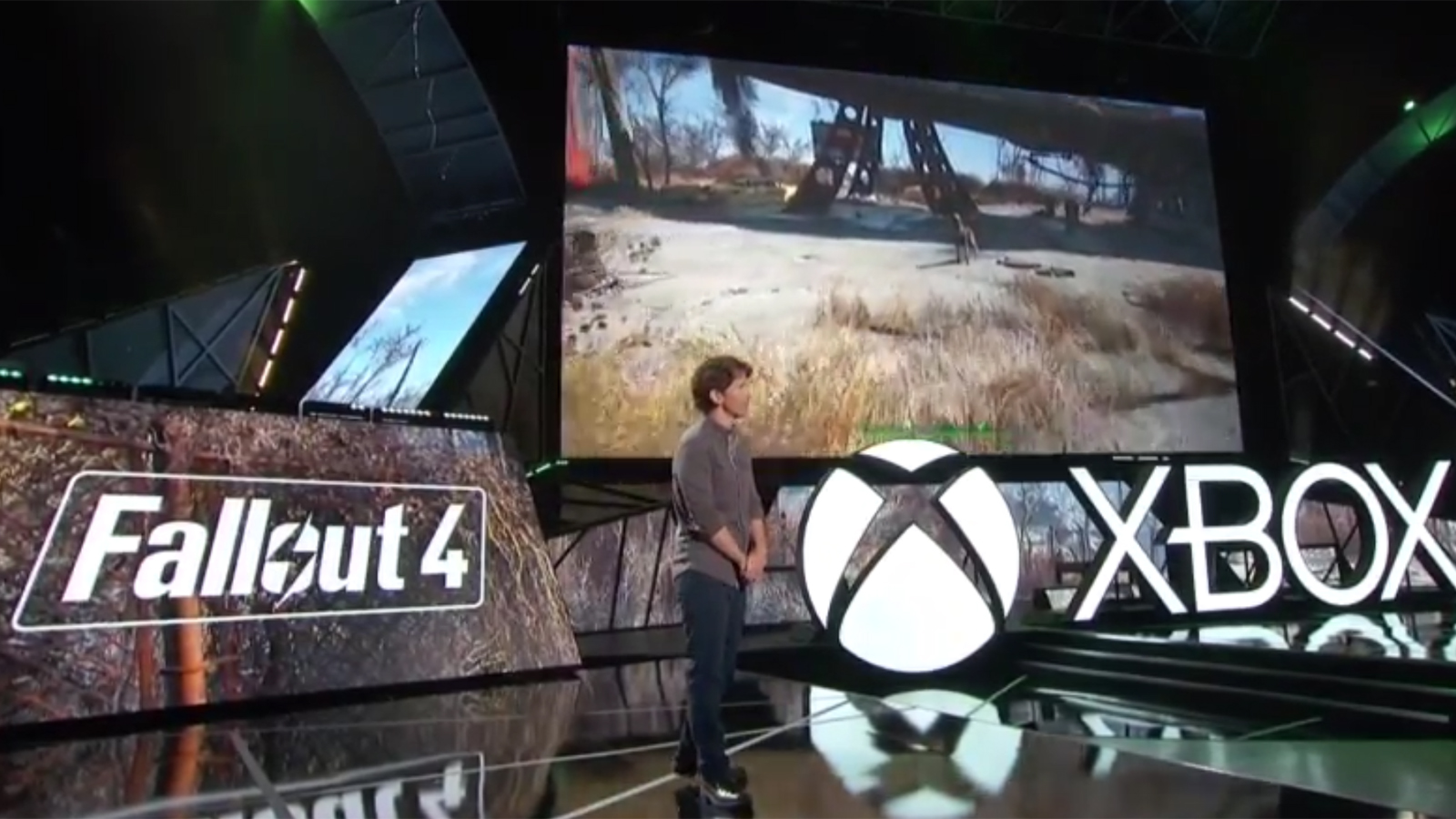With Xbox One, Microsoft is building the Steam Machine Valve can't
And its VR strategy is pretty smart

Well damn. I knew Microsoft was going to hit hard at E3 2015, but I think it might have just rolled out its best press conference of all time. After a long period of bad PR moves and muted reactions from gamers, I think it's safe to say that Microsoft has turned things around: the Xbox One is finally… cool.
There were games aplenty at the show, which is always a good thing at an E3 conference, but it was less the AAA titles and more the bits around them that underlined Microsoft's strategy going forward: PC gaming in your living room.
First off, we had backwards compatibility. That "thhhop" you heard was a massive shot taken direct at Sony and its PS Now streaming service. "At Xbox we won't charge you to play the games you already own" said Phil Spencer. Thhop thhop thhop. Smart move.
Next was the announcement of what is essentially Steam Early Access: Xbox Edition. Titled Game Preview, the service will let users test games that are still in development, just like you can on Steam. Elite Dangerous and The Long Dark are up for early access on Preview today, with DayZ to follow. Yes, DayZ is coming to consoles (the Xbox One at the very least) and that alone is reason for celebration.
Then Bethesda's Todd Howard trundled onto the stage to show us some of the Fallout 4 footage we saw yesterday, before hitting us with the the real news: Bethesda and Microsoft are letting gamers transfer their Fallout 4 PC mods to the Xbox One version. That's huge, and could be the start of a trend that takes advantage of the PC-Xbox One relationship that Sony can't enjoy.
Closing the gap
Finally, we had the big one: virtual reality. I think Microsoft's approach to VR has been quite smart thus far. It could easily have done its own thing and built an Xbox One headset in a painfully "me too" move, although the abilities of the Xbox One to handle VR are still up for debate.
Instead it built HoloLens - which, by the way, looks more incredible than ever - and hopped into bed with Oculus. Today it also announced it's partnering with Valve VR for Windows 10, which we assume will mean hassle-free, plug-and-play VR
Sign up for breaking news, reviews, opinion, top tech deals, and more.
All of which, to me, says that it has its sights on becoming the Steam Machine before Valve's boxes get out the door. Microsoft is closing the gap between the living room and the PC faster, and more effectively, than Valve. In some ways, Microsoft is turning the Xbox One into what it was when it was first announced, before the backlash caused Microsoft to change its strategy.
It won't have Steam's bottomless pit of games, given, or the Steam Controller (might be a good thing to some folk). But we know you'll be able to stream your Xbox One games to the PC when Windows 10 launches, so what about the other way around? Microsoft recently told me that it's something it's looking into, with nothing yet to announce.
Surely it's just a matter of time.

Hugh Langley is the ex-News Editor of TechRadar. He had written for many magazines and websites including Business Insider, The Telegraph, IGN, Gizmodo, Entrepreneur Magazine, WIRED (UK), TrustedReviews, Business Insider Australia, Business Insider India, Business Insider Singapore, Wareable, The Ambient and more.
Hugh is now a correspondent at Business Insider covering Google and Alphabet, and has the unfortunate distinction of accidentally linking the TechRadar homepage to a rival publication.